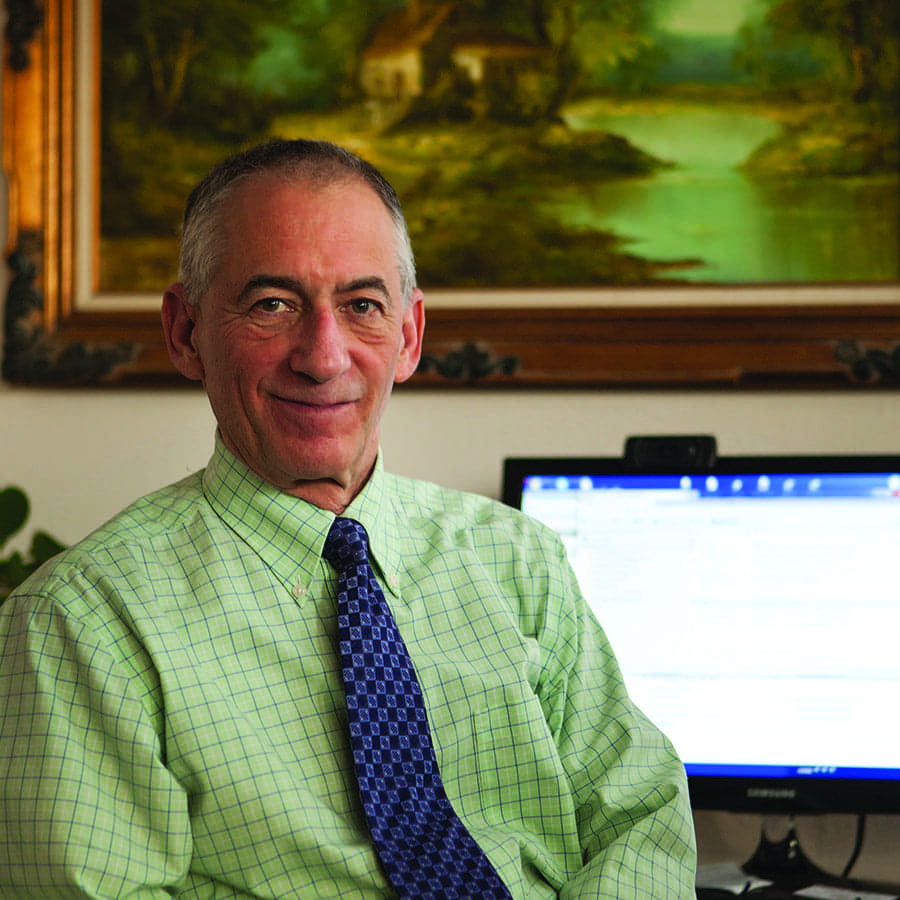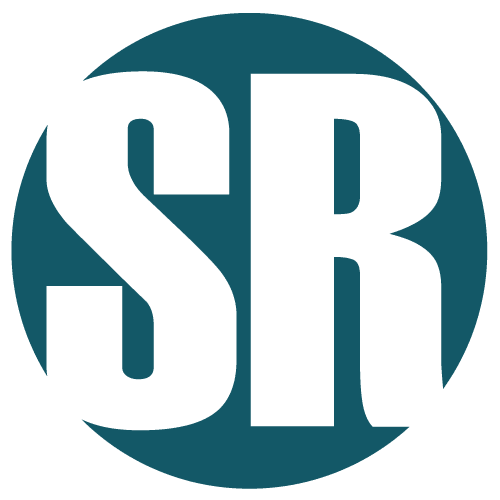- Joined
- Feb 8, 2004
- Messages
- 8,026
- Reaction score
- 4,154
Overweight, snores, problems falling asleep but not staying asleep.
When I see patients have all 3 of the above, and referred them for an OSA test so far 100% of those patients had OSA. How many have I referred for an OSA test? Literally several dozen and well over a hundred in the last few years. Despite this I see the typical patient with the above, and their PCP or other psychiatrist puts the patient on a sleep med and not address the OSA at all.
I believe this has been more a trend now because of increasing trends in obesity, increasing electronic use, and doctors still pulling the Ambien out more so than appropriate. This was not seemingly as much a problem when I was in training. Yes the electronic use doesn't allegedly increase OSA as far as we know but we do have more insomnia in general. Decreased physical activity, more screen time ==> less sleep. It's forced me to pay more attention to sleep than I did in my training.
I don't see physicians in general considering a sleep test when patients are having sleep problems. The doc simply prescribes something that isn't addressing the OSA which in theory could make things worse. In OSA the person is waking up cause they're not breathing. So what? You want them to not wake up and continue to not breathe? The only reason why I believe this isn't killing a lot of patients is cause then it'd be on the news and there'd be more efforts to educate providers on this issue.
At least I don't see as many doctors flippantly prescribing Zolpidem like it's candy although this is still going on. I just see it far less than I did before.
When I see patients have all 3 of the above, and referred them for an OSA test so far 100% of those patients had OSA. How many have I referred for an OSA test? Literally several dozen and well over a hundred in the last few years. Despite this I see the typical patient with the above, and their PCP or other psychiatrist puts the patient on a sleep med and not address the OSA at all.
I believe this has been more a trend now because of increasing trends in obesity, increasing electronic use, and doctors still pulling the Ambien out more so than appropriate. This was not seemingly as much a problem when I was in training. Yes the electronic use doesn't allegedly increase OSA as far as we know but we do have more insomnia in general. Decreased physical activity, more screen time ==> less sleep. It's forced me to pay more attention to sleep than I did in my training.
I don't see physicians in general considering a sleep test when patients are having sleep problems. The doc simply prescribes something that isn't addressing the OSA which in theory could make things worse. In OSA the person is waking up cause they're not breathing. So what? You want them to not wake up and continue to not breathe? The only reason why I believe this isn't killing a lot of patients is cause then it'd be on the news and there'd be more efforts to educate providers on this issue.
At least I don't see as many doctors flippantly prescribing Zolpidem like it's candy although this is still going on. I just see it far less than I did before.


